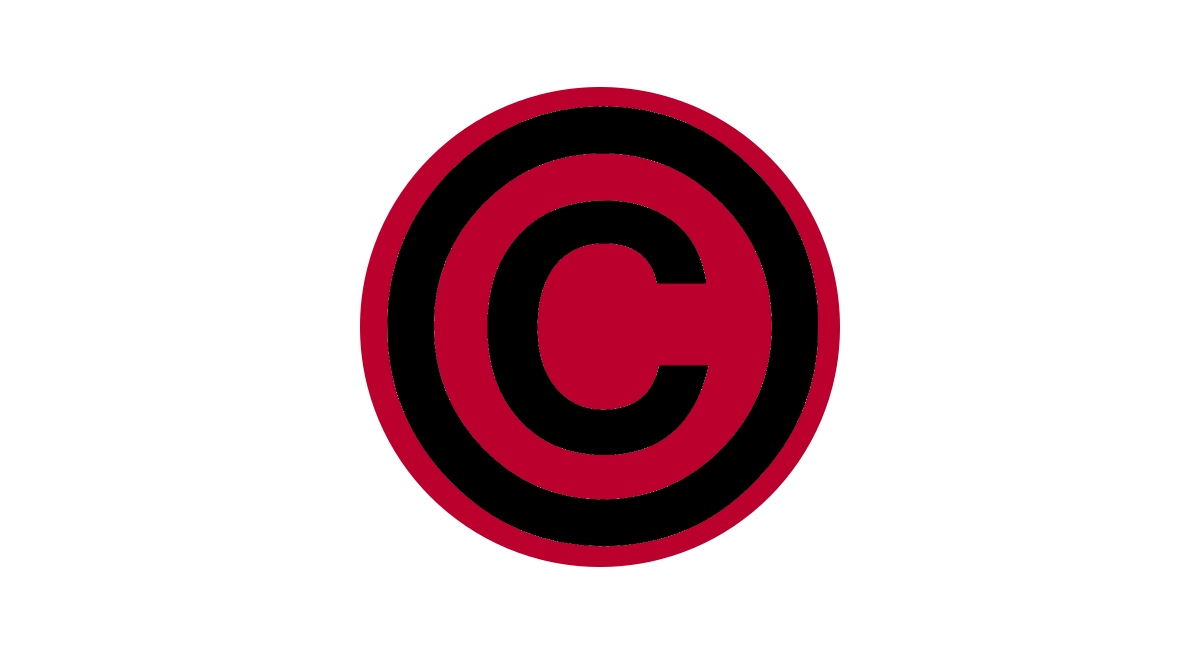Japan protects artists with new 70 year Copyright laws
Japan have updated their copyright laws to protect intellectual property for up to 70 years following agreements with countries around the world.
Japan have updated their copyright law to extend the copyright protection period from 50 years to 70 years in the country. The bill was passed through their National Diet legislature houses on June 29th, 2018 and the law went into effect on the 30th December to protect creator’s content for a longer period of time.
It’s not clear what this will mean for intellectual property that has entered the public domain in Japan in the last 20 years, though it may be returned to copyright control depending on when the author died. The law will allow anyone with ‘interest’ in an intellectual property to sue a party it deems to have committed copyright violation, not just the rights-holders.
This means that the Japanese Society for Rights of Authors, Composers and Publishers, Japan’s administering society for musical compositions, will essentially be able to sue anyone for using a composition without a contract regardless of whether the creator has granted them permission. This may lead to disputes over whether the change creates more complications rather than protecting rights-holders.
Japan have extended their copyright protection laws as part of the Trans-Pacific Partnership despite concerns that the agreement would continue after Donald Trump pulled the US out of it. The 11 remaining countries continued forward with the agreement and it has prompted Japan to bring their copyright law in line with the other countries despite it not being a condition of the partnership.
Canada have also extended their copyright term to 70 years following trade agreements with the US and Mexico allowing creators to profit for longer. There are concerns that the change in law will only benefit labels and not the creators as the intermediaries are more likely to benefit in Canada.
Bryan Adam’s has criticised the law and asked that Canadian Parliament change one word to make the law side with the musician. He states: “The simplest solution would be to amend subsection 14(1) of the Copyright Act by changing the word “death” to “assignment”. All copyright assignments would end after 25 years.”
